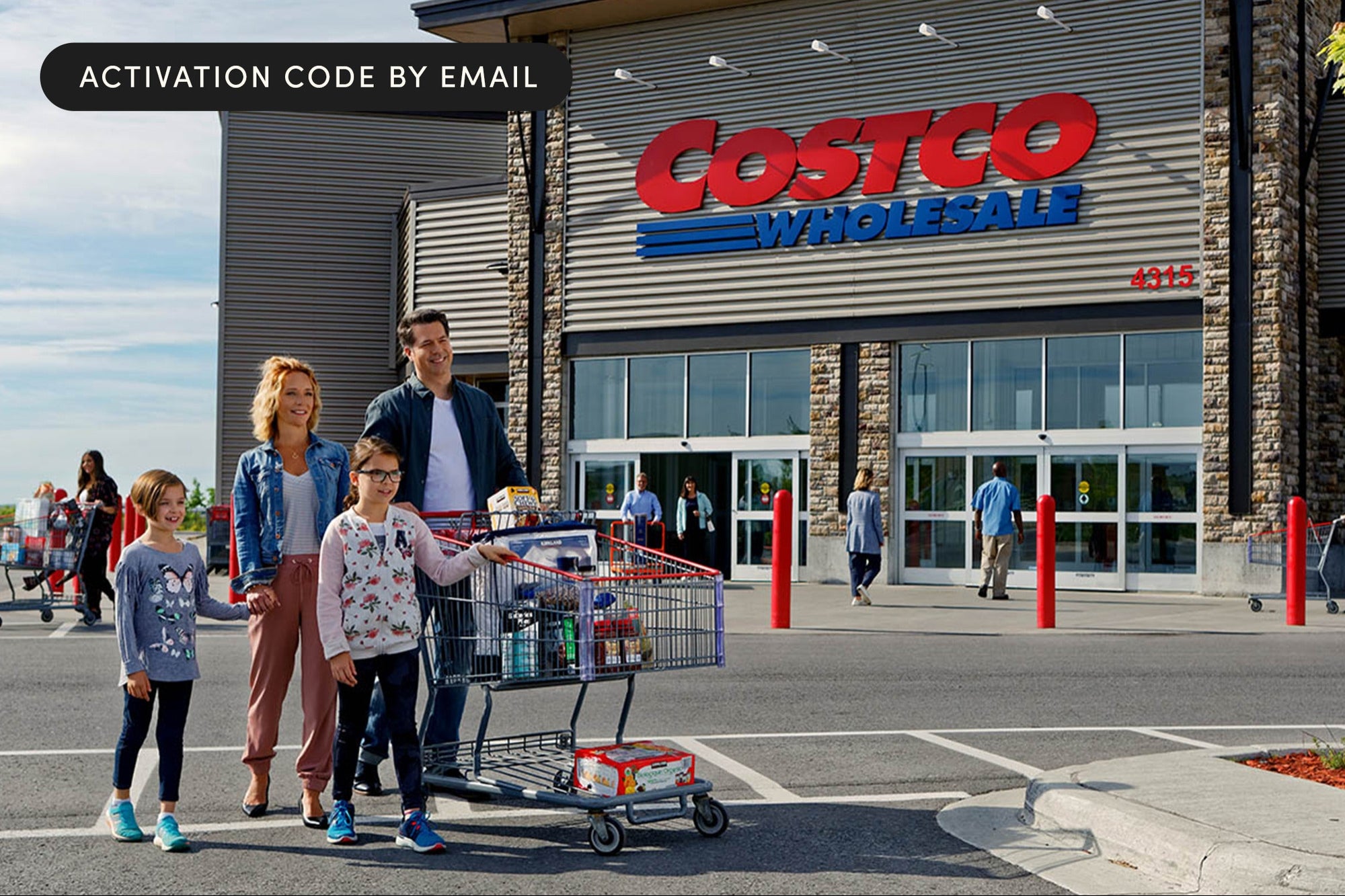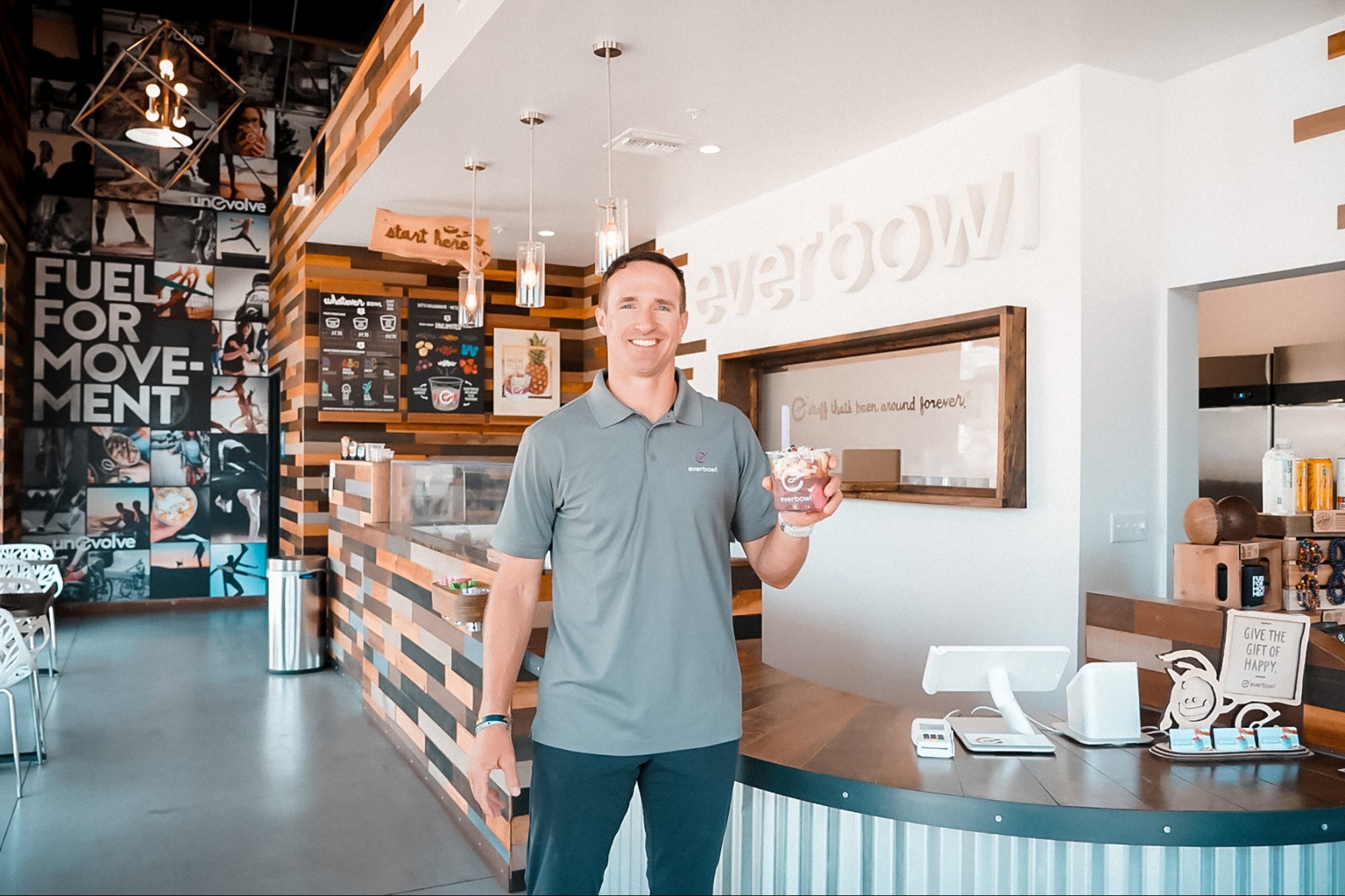Minorities In Franchising Do minority franchisees get stuck with undesirable locations in inner city areas?
Opinions expressed by BIZ Experiences contributors are their own.
By some measures, it appears the franchising world sees minorities and women as the shimmering pot of gold at the end of the rainbow-the source of future growth. Organizations like the International Franchise Association, as well as individual corporations, are creating special initiatives to bring more African Americans, Asian Americans, Latinos, Native Americans and women into the franchise fold.
But to involve more minorities in franchising, some issues must first be addressed. One of the most critical is the perception that franchisors limit minorities to owning stores in "urban" or inner city areas.
Franchise Zone discussed the issue with Leighton Hull, a former McDonald's and current Denny's franchisee with stores in California, Hawaii and Indiana, and Lance Moore, group vice president of the western region of Blimpie International. Moore helped create the Blimpie Urban Initiative for Leadership Development (BUILD), a program whose goal is to get more of the submarine sandwich company's stores opened in rural and urban empowerment zones, enterprise communities and other economic development centers.
Franchise Zone: Are minority franchisees limited to owning stores in inner city locations?
Leighton Hull: That's probably more true in the past than it is today. It took some lawsuits and saber rattling by black franchisees for some franchisors to realize they had to present equal opportunity to everybody. The franchisors didn't come to that [realization] on their own. They thought, for instance, that blacks belonged in the "hood" for a whole lot of reasons.
I believe, however, there are still franchisors who try to relegate blacks and other minorities to less profitable markets or areas.
Lance Moore: I understand [minority] franchisees' concern that they're being directed or pushed into designated areas. To make sure we didn't fall into that trap [with BUILD], we developed core criteria for franchisees building in these areas, focused on the leadership part of the equation and worked with a coalition of economic development specialists, our own franchisees, the SBA and financial institutions.
FZ: Do some franchisors think African American franchisees can better serve the inner city community?
Hull: In a way, that's true-we do know how to deal with community folk. But the rub as a franchisee is when the franchisor gives us second- and third-tier stores, and gives a white franchisee the premium stores in these urban areas.
Moore: I can see that happening. That was our challenge to our franchise prospects in the BUILD program. They had to put together a comprehensive business plan, which took three or four months. They went through all the steps to ensure a high-traffic location.
We also use a shorter profitability yardstick. Consequently, instead of accepting break-even or significant profitability in 10 to 12 years, we expect a location to reach that point in four years or less.
FZ: How can minority franchisees gauge whether a franchisor is going to limit their choice of locations?
Hull: See where they offer you stores. Carefully examine whether the offers [you] get to buy stores are overwhelmingly in areas with declining sales trends or high crime. Some franchisors sell dogs to minorities who are just glad to get into business. Sometimes this is your first jump into business, and like anything you first enter into, you might be green and not know what's up.
Moore: Avoiding the [undesirable locations] requires sitting down with franchisors and discussing their criteria for a successfully operating store, finding out what benchmarks and rules of thumb they use. Then apply that to the store they offer you.
The franchisor has certain responsibilities as well. Before embarking on inner city area development, it's critical that a franchisor have a firmly defined program clearly spelling out the parameters for profitability and success.










